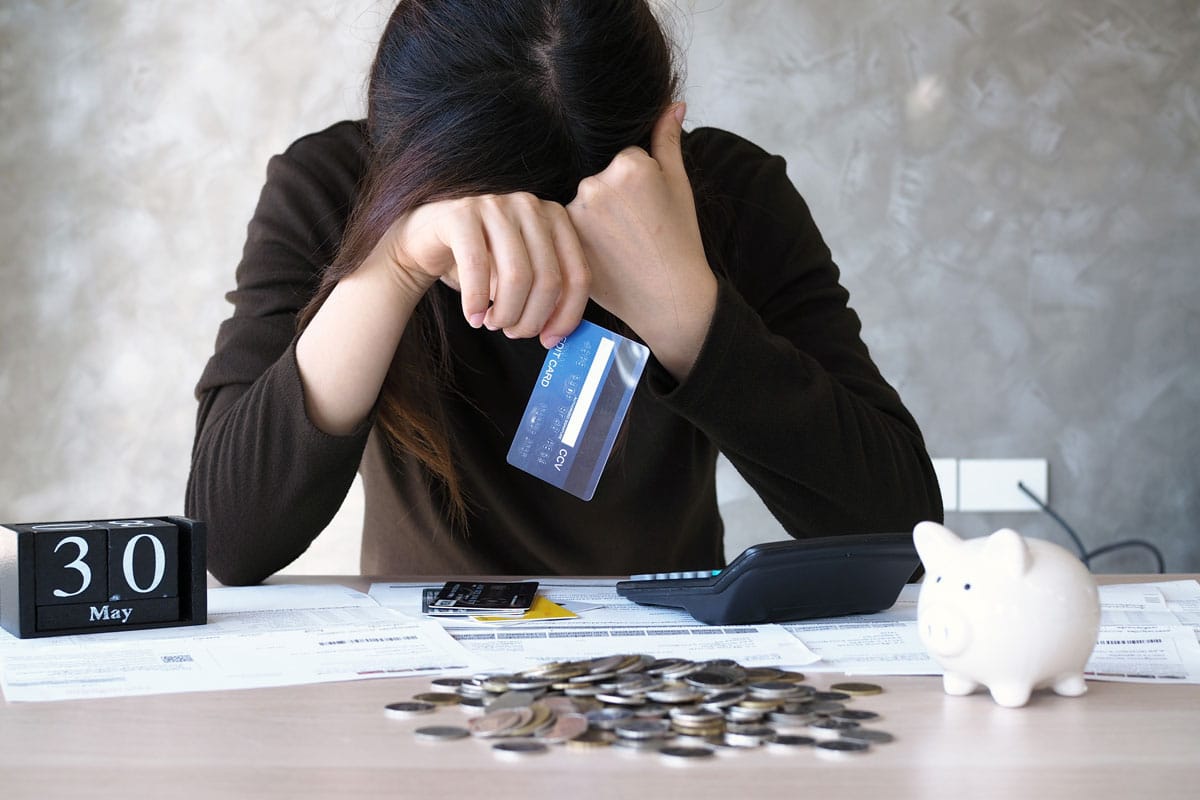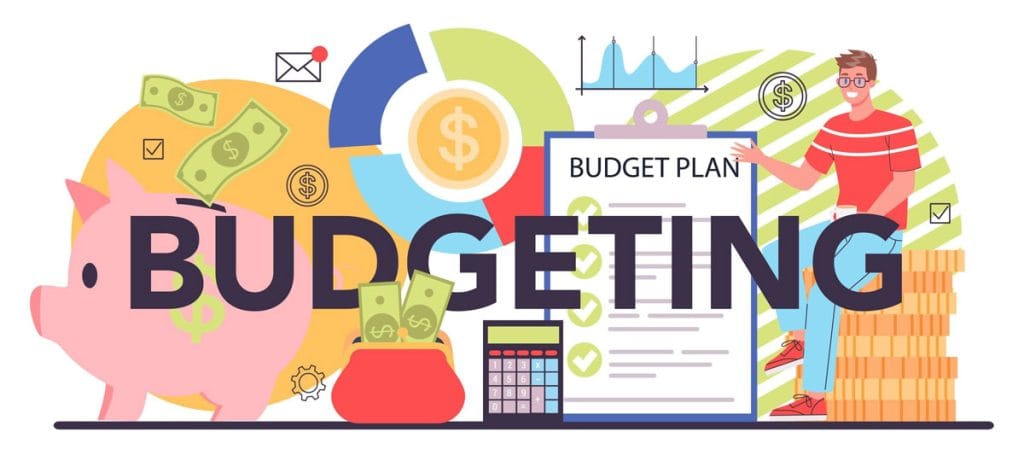Bankruptcy is a legal process that can relieve individuals who cannot repay their debts. While it may seem like a last option, understanding the complexities of filing for bankruptcy in Singapore is important for those considering it. This blog will guide you through the essential steps, considerations, and alternative options available.

Overview of Bankruptcy Laws in Singapore
Bankruptcy in Singapore is governed by the (IRDA) Insolvency, Restructuring, and Dissolution Act 2018. The primary aim of bankruptcy laws is to ensure that debts are managed and repaid in an orderly manner while providing a fresh start for individuals unable to pay their debts. The Official Assignee (OA), a public officer from the Ministry of Law, oversees the bankruptcy process and ensures that it is conducted fairly for the debtor and creditors.
Eligibility Criteria for Filing Bankruptcy in Singapore
To be eligible for bankruptcy in Singapore, an individual must meet specific criteria:
- Debt Threshold: The total amount of unsecured debts must be at least S$15,000.
- Inability to Repay Debts: The individual must be unable to repay the debts as they become due.
- Resident Status: The debtor must be a Singaporean citizen or permanent resident, or have property or a place of business in Singapore. If these conditions are met, creditors can initiate bankruptcy proceedings against an individual.
Critical Steps in the Bankruptcy Filing Process in Singapore
Filing for bankruptcy in Singapore involves several critical steps:
- Filing a Bankruptcy Application: Individuals or their creditors can file a bankruptcy application with the High Court. The debtor must submit a statement of affairs detailing their assets, liabilities, income, and expenditures.
- Bankruptcy Order: If the court is satisfied with the application, it will issue a Bankruptcy Order. This officially declares the individual bankrupt and appoints the Official Assignee (OA) to manage their financial affairs.
- Creditors Meeting: The OA will arrange a meeting with the creditors to discuss the debtor’s financial situation and agree on a repayment plan.
- Repayment Schedule: The Official Assignee will assess the debtor’s financial situation and create a monthly repayment schedule based on their disposable income. This schedule is designed to repay the creditors as much as possible.
- Discharge from Bankruptcy: The individual remains bankrupt until they fulfill the repayment plan or meet other conditions set by the Official Assignee. Early discharge is possible under certain circumstances, but bankruptcy typically lasts several years.
Impact of Bankruptcy on Assets and Debts
Bankruptcy in Singapore affects an individual’s assets and debts:
- Assets: The OA can seize and sell the bankrupt individual’s assets (except for protected assets like CPF savings and necessary personal items) to repay creditors.
- Debts: Once bankrupt, the individual is relieved of most unsecured debts. However, certain obligations, such as court fines, maintenance payments, and student loans, cannot be discharged through bankruptcy.
- Financial Restrictions: Bankrupt individuals face restrictions, such as being unable to act as a company director, manage a business, or obtain further credit without informing the lender of their bankruptcy status.
Need help with debt? Contact us today to explore our options.
Responsibilities of a Bankrupt Individual
Being declared bankrupt comes with several responsibilities:
- Disclosure: A bankrupt individual must fully disclose all assets and income to the OA.
- Cooperation: They must cooperate with the OA and comply with all instructions, including attending meetings and providing requested information.
- Repayment: The individual must make regular payments according to the repayment schedule set by the OA.
- Reporting Changes: Any significant income, asset, or employment changes must be reported to the OA.
Alternative Options to Bankruptcy in Singapore
Before filing for bankruptcy, consider the following alternatives:
- Debt Repayment Scheme (DRS): The DRS is a pre-bankruptcy scheme for individuals with unsecured debts below S$150,000. It allows for debt repayment over a fixed period without the severe consequences of bankruptcy.
- Voluntary Arrangement: A formal agreement between the debtor and creditors to repay debts over time. It is legally binding and can help avoid bankruptcy.
- Debt Consolidation Plans: Individuals can consolidate their unsecured debts into a single loan with lower interest rates, making repayments more manageable.
Seeking Professional Advice and Support
Filing for bankruptcy is a significant decision that should not be taken lightly. It is essential to seek professional advice from a financial advisor, lawyer, or debt management specialist. They can determine whether bankruptcy is the best option or if alternative solutions are more appropriate. Organizations like Credit Counseling Singapore offer free or low-cost counseling services to help individuals manage their debts.
Misconceptions about Bankruptcy
Several misconceptions surround bankruptcy:
- Bankruptcy Means All Debts Are Wiped Out: While many unsecured debts are discharged, certain obligations like student loans and maintenance payments remain.
- Bankruptcy is Permanent: Bankruptcy is not permanent; individuals can be discharged once they meet the conditions set by the OA.
- Only Individuals Can go Bankrupt: Companies can also go bankrupt, although the process and implications differ from personal bankruptcy.
Conclusion
Filing for bankruptcy is an essential financial decision with long-term consequences. While it can provide a necessary fresh start for individuals overloaded by debt, it has serious consequences. As a licensed moneylender in Singapore, we understand the challenges that financial difficulties can bring. Before stepping towards bankruptcy, we encourage you to explore all available options, such as debt consolidation or alternative repayment plans.
Our team is here to provide guidance and support, helping you make the best decision for your financial well-being. If you are considering bankruptcy or need assistance managing your debts, please get in touch with us for professional advice. We are committed to helping you find the most suitable solution to regain control of your financial future.



